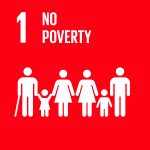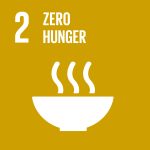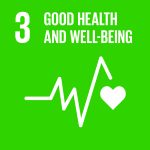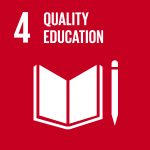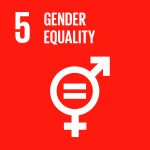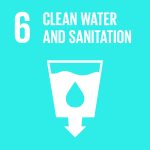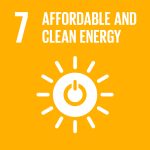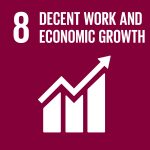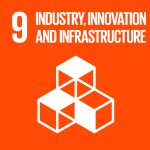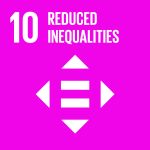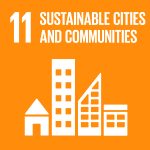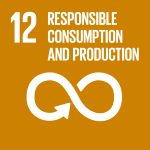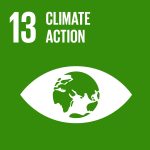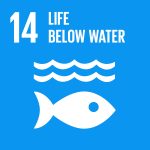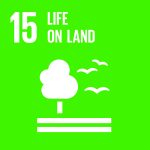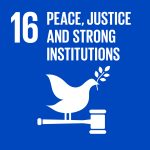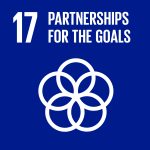Developing Coursework and Supplementary Activities
Description
Institution
Organizations/areas of the university involved
Weitzman School of Design, Penn Institute for Urban Research, Perry World House
Country
United States
This case describes a graduate level course in City and Regional planning,
“Issues in Global Sustainable Development: Adapting Formality and Informality in Rapidly Urbanizing Places,” and an associated day-long conference entitled “Why Cities? Informality as a Way of Life: Challenges to Sustainable Urban Development,” and photo contest, undertaken by the Weitzman School of Design, the Penn Institute for Urban Research, and Perry World House, University of Pennsylvania in 2019. The course aims to familiarize students with the contents and implementation of five global agreements (Sendai, Addis Ababa, Agenda 2030, Paris, New Urban Agenda) approved by the United Nations between 2015 and 2016 and others on biodiversity, humanitarian, and international migration/refugees. The conference aims to engage students with researchers and practitioners who are actively implementing the agreements
A semester-long course, “Issues in Global Sustainable Development,” explores the agreements, their underlying theoretical concepts, their contents, and their implementation. It focuses on their explicit and implicit urban implications and the challenges faced by subnational governments in low and middle income countries in coming to grips with integrating the agreements’ aspirational goals with political and economic realities of their specific contexts that in most cases include dealing with informality. Student assignments include developing in-depth case studies demonstrating sustainable urban development and contributing to the preparation of the conference.
The “Why Cities?” conference, April 24, 2019, premised on the idea that in rapidly urbanizing places, informality encompasses life among all urban residents regardless of their places in society, questions whether (if so how) the global agreements encompass the phenomenon and. It has four sessions: “How Do Global Agreements Approach Localization and Informality,” “Where are the Data to Measure Informality,”” Case Studies: Programs and Policies Incorporating Informality.”In addition to the students who will present their case studies, participants include representatives of WRI, UN Habitat, SDSN, UN Global Compact, Slumdwellers/Shackdwellers International, 100 Resilient Cities, WIEGO, Habitat for Humanity, Polycom (Kibera), Catalytic Communities (Rio), World Bank, and researchers from UPenn, University of Ghana, the New School and Cornell. We will present the results of the conference at the Habitat Assembly, May 2019 and other venues. We will also exhibit the photos and announce the winners of the contest.
Results and impact measured or expected
Results: The students will have an understanding of the importance of the SDGs, their relationship with other global agreements and the opportunities and challenges of implementing them in low and moderate income countries. They will have an additional appreciation of role of informality in this work. They will have interacted with 25 highly visible, engaged leaders in sustainable urban development representing a wide range of interests and activities. Those attending the conference will be challenged to move out of their traditional siloed or sectoral approach (housing, transport, employment, social services) to consider informality as a holistic phenomenon that intersects with the SDGs in many ways. We aspire to train a cohort of SDG-savvy city planning graduates and to inspire new paths of thinking and action in the conference participants

Connection with the SDG framework
Barriers and follow up
No barriers. I will endeavor to incorporate the course in the permanent curriculum. I will develop publication(s) on the work uncovered through the case work and continue to add to them.
